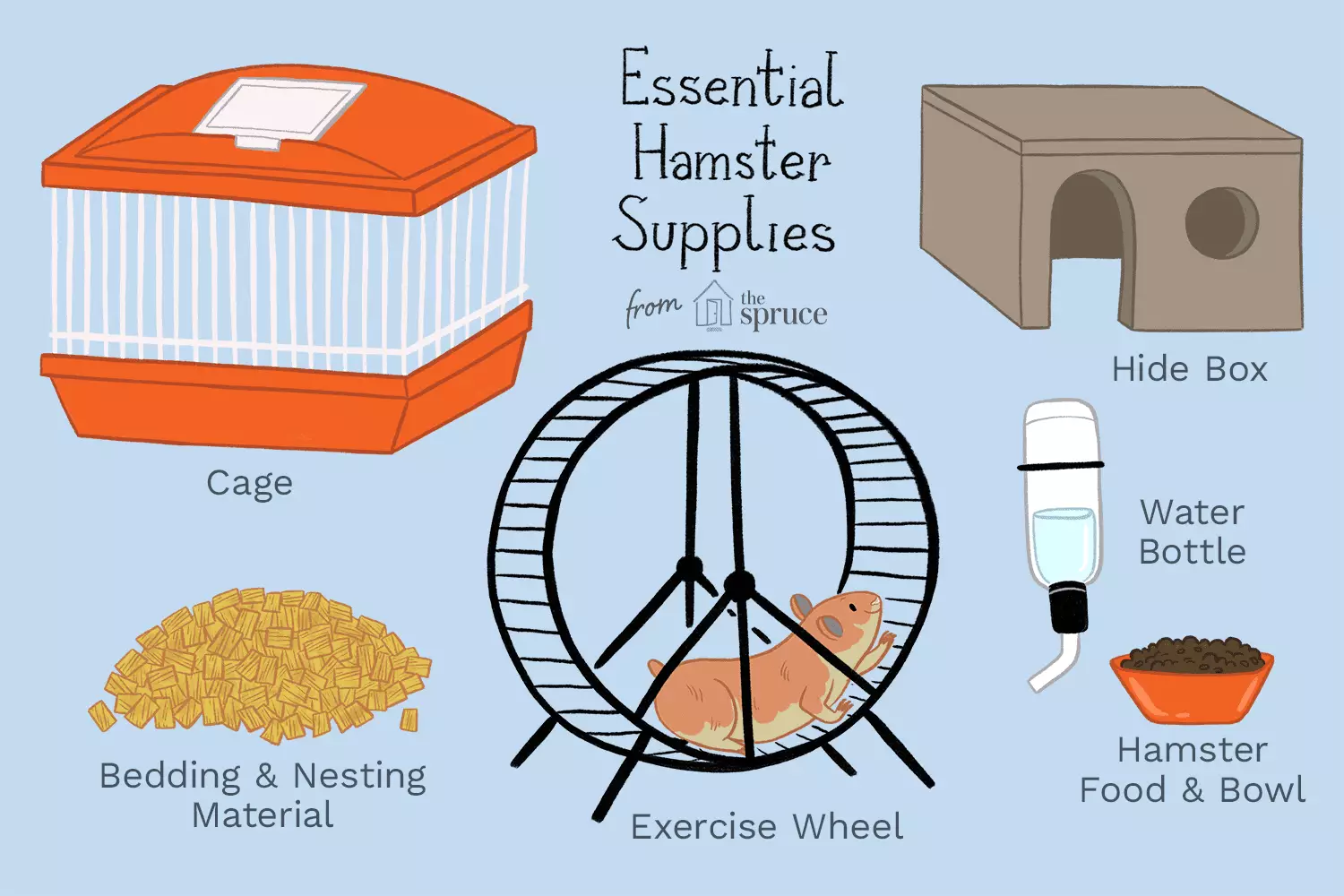When it comes to selecting a pet for your household, hamsters emerge as a popular choice. These charming small rodents are easy to handle and can offer companionship while requiring comparatively low maintenance. However, potential hamster owners must first understand the intricacies of hamster care to ensure their well-being and happiness. This article aims to outline the vital considerations involved in hamsters’ care, including their habitat, diet, and social needs, as well as health precautions you should take.
Before bringing home a hamster, it is crucial to familiarize yourself with the different species and their specific requirements. The most common varieties are Syrian and dwarf hamsters. Syrian hamsters, often solitary due to their territorial nature, generally require larger cages while dwarf hamsters can share space with their littermates, provided they are introduced properly.
When selecting a hamster, consider its full-grown size as different species can significantly vary. This knowledge will guide you in choosing an appropriately sized cage and ensuring you have enough space for all the necessary amenities. Along with size considerations, be aware of their nocturnal habits. Hamsters are active during the night, which might lead to some nighttime noises that could disturb your sleep if you are not prepared.
Setting up a suitable home is integral to helping your new hamster transition smoothly. Initially, purchase a spacious and escape-proof cage that allows for adequate ventilation. Avoid modular cages with tubes; they can be challenging to clean and may not provide good airflow. Also, some designs may not cater to the size of larger Syrian hamsters. Importantly, always remember that hamsters can be industrious escape artists, capable of squeezing through incredibly small openings.
The bedding you choose should cultivate a comfortable atmosphere for your pet. While cedar or pine shavings might seem appealing, their scent can be harmful to hamsters’ respiratory systems. Instead, opt for aspen shavings, paper-based bedding, or even shredded tissues that are safe and easily sourced. Healthy nesting materials are essential, as they let your little friend feel secure. Replace the bedding weekly to maintain hygiene.
Feeding your hamster a balanced diet plays a significant role in its health and longevity. A pelleted diet is often recommended as it ensures that your hamster receives a well-rounded nutritional intake. Moreover, pellets help prevent selective eating, which can happen with loose seed mixes that may lead to dietary imbalances.
Each day, you should provide your hamster with a fresh serving of food, complementing the pellets with a selection of vegetables. Just be cautious to monitor their eating habits; if fresh food is left uneaten for too long, it should be removed to prevent spoilage. Alongside a food dish, a sturdy water bottle with a stainless-steel spout is ideal, as it minimizes the risk of spills and ensures your hamster always has access to fresh water.
Staying Engaged: Toys and Activities
Providing mental stimulation and physical exercise is paramount to keeping a hamster happy. Investing in a high-quality exercise wheel can fulfill their need for movement. Ensure that the wheel has a solid surface without cross supports to reduce the risk of injuries. Furthermore, include various toys and climbing structures to your hamster’s environment to keep them occupied. Simple homemade toys, such as cardboard tubes or blocks, can offer countless hours of entertainment at a fraction of the price of store-bought options.
Remember, an engaged hamster is less likely to develop behavioral issues, such as excessive chewing or attempting to escape. A safe, cozy hideaway is also essential. This can range from a simple cardboard box to a more durable plastic hideout. Allow your hamster the option to choose their retreat for sleeping as it helps them feel secure.
Despite their hardiness, hamsters are susceptible to various health issues and require regular monitoring. Watch for any signs of distress such as lethargy, loss of appetite, or unusual behaviors. Consult your veterinarian if you notice adverse symptoms like diarrhea, respiratory distress, or even runny eyes.
Additionally, as a responsible owner, have a plan in place for escape scenarios. If your hamster goes missing, have patience in your search, as they may take time to resurface, especially since they are nocturnal. Keep the cage open with food as a lure, and check commonly overlooked spaces in your home.
In closing, understanding the complexities of hamster care—from choosing the appropriate species to setting up a safe environment, ensuring nutritious feeding, and monitoring health—will create a fulfilling life for both you and your pet. Successful hamster ownership comes down to preparation, ongoing education, and a commitment to nurturing your furry companion.


Leave a Reply